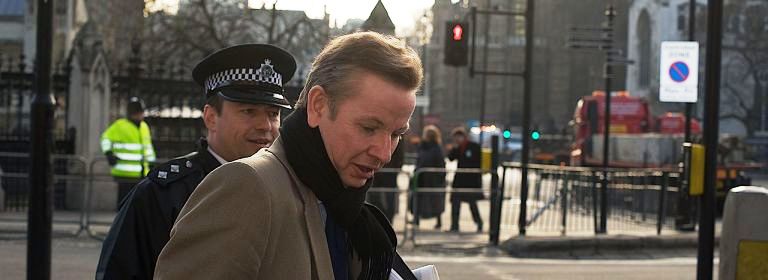
If anyone is in doubt about the legitimacy of looking at Gove’s impact on education policy now that a new year has arrived, then recent editorials in The Times should convince them of his long-term influence. ‘Gove’s reform of the GCSE exams must be carried through!’ they cried, linking his policy to Margaret Thatcher’s hatred of the exam, as recently revealed in cabinet papers released under the 30- year rule.
At first sight, these reforms might seem relatively innocuous – more emphasis on fact rather than process, more academic ‘rigour’ than applied skills, more ‘sit down and remember’ exams rather than coursework, more restrictions on re-sits – but it shows a direction of policy travel that is pushing our system in the opposite direction to our competitors. In the USA , China and Singapore, they have recognised that their economies require a move towards more creative and collaborative thinking, towards dispositions of learning that can function in any domain rather than more subject specific information, and towards continual informal learning rather than formal learning and assessment procedures.
Having any sort of educational rational for his reforms was never one of Gove’s strong points, but since the National Curriculum reforms only apply to little more than half the nation’s schools, because Gove has allowed Academies to opt out, it’s hard not to see his National Curriculum as much more than a punishment regime for schools that don’t take Academy status. Yet another way in which he has undermined his own policies.